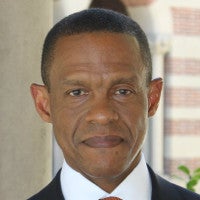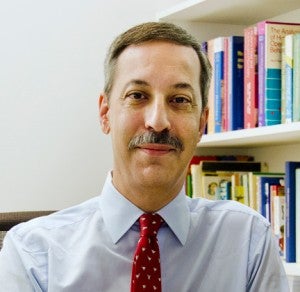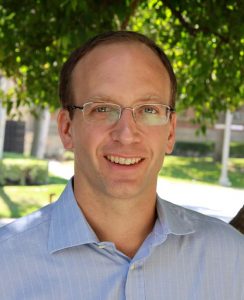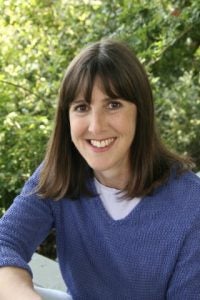Contact: Jenesse Miller, (213) 810-8554 or jenessem@usc.edu
American gun violence: Communities mourn and debate
Mass shootings and gun violence are dominating the headlines after back-to-back incidents in El Paso, Texas and Dayton, Ohio. Is the problem getting worse? Who or what is to blame? What can be done to stop this violence and help communities heal? USC scholars offer their expertise.
Can Americans check their biases to solve gun violence?
 “The time is long past for Americans generally, and politicians specifically, to check their partisan leanings on guns at the door. With that, my disclaimer is that I am a gun-owning, former FBI SWAT agent who believes the notion that we cannot do everything to reduce the risk of mass shootings and gun violence is no longer an excuse to do nothing.
“The time is long past for Americans generally, and politicians specifically, to check their partisan leanings on guns at the door. With that, my disclaimer is that I am a gun-owning, former FBI SWAT agent who believes the notion that we cannot do everything to reduce the risk of mass shootings and gun violence is no longer an excuse to do nothing.
“The issue is not how we got here, but what can we do to get out of this?“
Erroll Southers is an expert in counterterrorism, homegrown violent extremism and school violence prevention. He is the director of the Safe Communities Institute and of Homegrown Violent Extremism Studies at the USC Price School of Public Policy, which will present the USC Homegrown Violent Extremism Digital Summit on Nov. 6, 2019.
Contact: (213) 740-9961 or southers@price.usc.edu
How should we talk to children about these events?
 “The National Center for School Crisis and Bereavement has worked with many schools and communities after school and community shootings, as well as natural disasters. The recent community shootings in the news may resurface some of the feelings children in these communities had at the time of the tragedies in their own lives.
“The National Center for School Crisis and Bereavement has worked with many schools and communities after school and community shootings, as well as natural disasters. The recent community shootings in the news may resurface some of the feelings children in these communities had at the time of the tragedies in their own lives.
“It’s a time to reach out to children and to remind them that we are there to help them cope with any troubling feelings they may be having.”
David Schonfeld is a developmental-behavioral pediatrician and an expert on child grief related to events such as school and community shootings. He is a professor of practice at the USC Suzanne Dworak-Peck School of Social Work and the director of the National Center for School Crisis and Bereavement (NCSCB), which has responded to disaster and crisis events in school and community settings that involve children and young adults on a national and global level. NCSCB has published a guide on talking to children about tragedies.
Contact: (213) 705-3445 or schonfel@usc.edu; NCSCB contact 1-877-536-2722 or info@schoolcrisiscenter.org
Is media coverage of mass shootings part of the problem?
 “News media is caught in a bind for shootings. These are newsworthy events and must be covered, but is the coverage itself becoming part of the problem?
“News media is caught in a bind for shootings. These are newsworthy events and must be covered, but is the coverage itself becoming part of the problem?
“We need to reframe the context around these incidents of domestic terror. The reflexive, wall-to-wall coverage is clearly problematic and may not serve the public’s interest.”
Gabriel Kahn is an expert on the changing news industry and a professor of professional practice who runs the Media, Economics and Entrepreneurship program at the USC Annenberg School for Communication and Journalism.
Contact: (213) 740-0448 or gabriel.kahn@usc.edu
Can we cut off extremists from their support online?
 “Media channels like 8chan provide a platform to talk about taboo topics, including violence. They provide the cover of anonymity. That creates a social contagion, validating the violent thoughts of like-minded individuals.
“Media channels like 8chan provide a platform to talk about taboo topics, including violence. They provide the cover of anonymity. That creates a social contagion, validating the violent thoughts of like-minded individuals.
“Shutting down these sites is a stopgap solution, but they’ll pop up again. A legislative or regulatory approach that addresses any site inciting violence would be a better approach.”
Karen North is an expert in social media, social networking, online communities and psychology. She is a clinical professor at the USC Annenberg School for Communication and Journalism.
Contact: (310) 235-4444 or knorth@usc.edu



